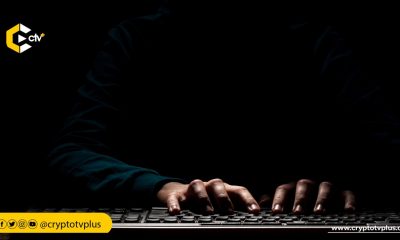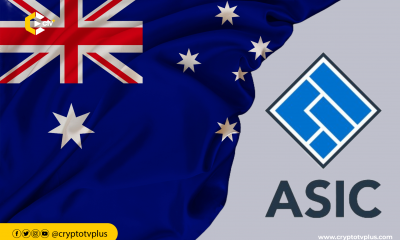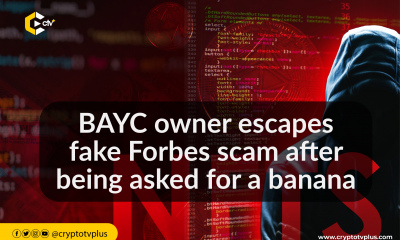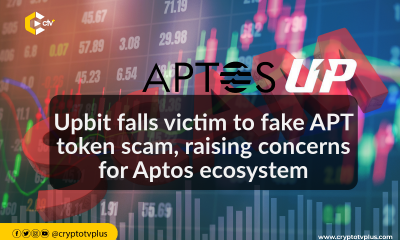News
How to Determine Whether a Forex Broker Can Be Trusted
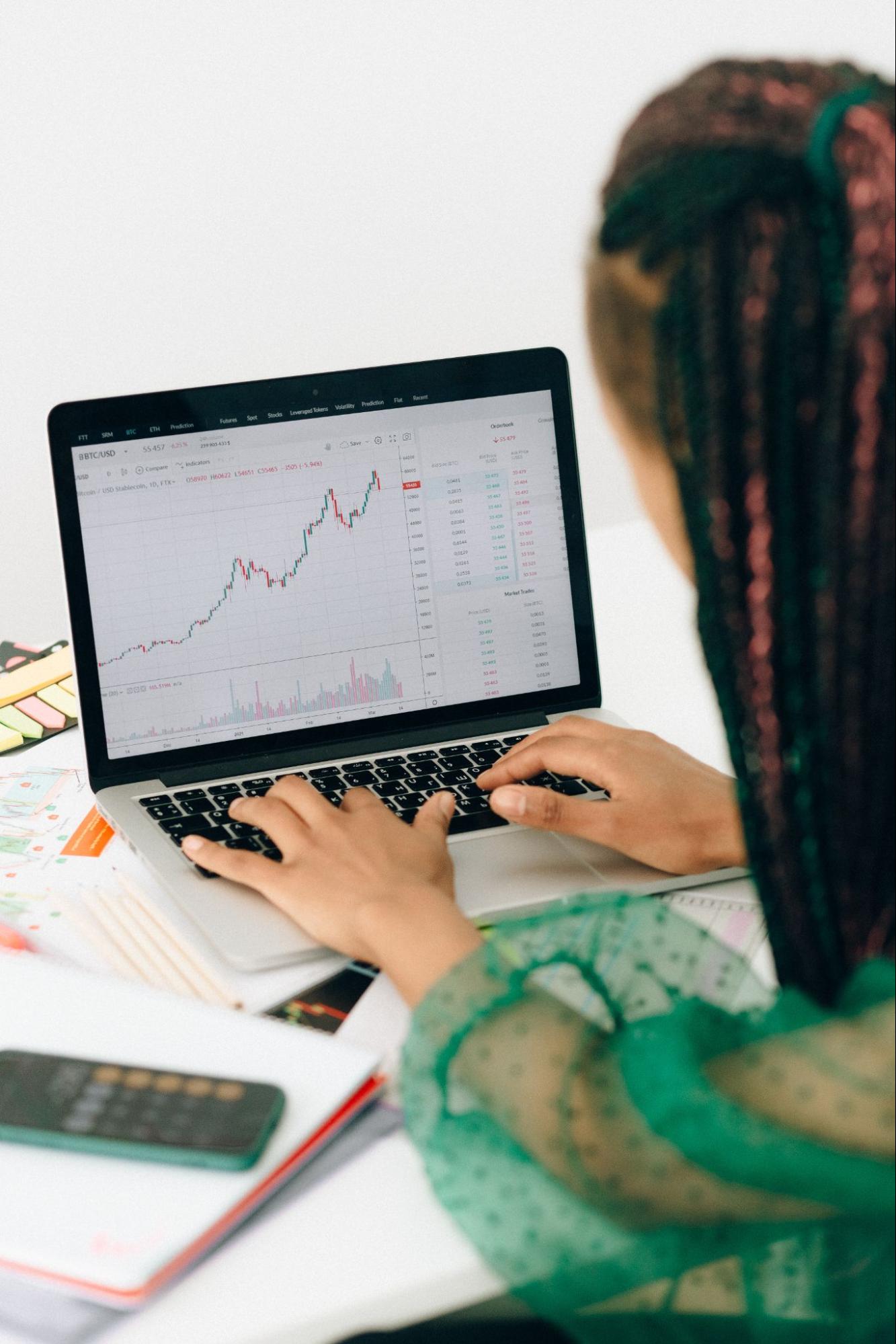
The online world is full of fraudsters operating in many areas of finance. Scams are commonplace anywhere money is exchanged. The foreign exchange market is no different. Scams targeting those involved in foreign exchange trading are particularly dangerous due to the high stakes involved. Traders’ careers may be derailed by as much as a decade in such a scenario. In this article, we’ll provide you with all the info you need to spot and avoid fake forex brokers. We will then provide you with a list of the most reputable forex brokers available right now.
9 Ways to Verify the Authenticity of Your Forex Broker
Scammers have had decades to perfect their techniques now that Forex brokerage has been around. Forex broker plans often fall into one of three categories:
1. Is This Broker Licensed?
The first step is to verify the broker’s authenticity. Because they don’t have to answer to anybody, scam brokers are mostly unregulated. They are quite deceptive, and you may fall for their traps. You may encounter “glitches” that result in negative slippage, or you may request a withdrawal and never get your funds. There’s really much you can do when this occurs other than post a negative review online. Law enforcement cannot intervene since these brokers are beyond their jurisdiction.
To verify a broker’s licensing, just search for a link to “About Us” or “Contact Us” on the site. All regulated brokers should make it simple to access their regulatory information and appropriate risk disclosures on their websites. Verifying the regulatory body under which the broker operates is the next step. Simply look for the broker’s registration number on the website of the relevant regulatory agency.
2. Try the Broker With Little Money
If you are convinced by a broker’s product characteristics but are wary of the broker’s authenticity, a little deposit is a safe way to test the waters. You may practice trading on the platform with low-risk lot sizes and then withdraw your funds for further analysis. A broker should not have any motivation to keep your money. It’s always a red flag that a broker isn’t being honest with its customers if withdrawals take a long time and you have to keep contacting them to get their money out. Trading platforms like Bitqt app offer demo accounts with which you can test the platform with fake money before jumping into real-time trading.
3. Check For Account Currency
Currency availability is a crucial factor to think about when selecting a Forex broker. You should think about the currency of your account if you wish to trade with a broker that provides more than one currency. The US dollar, the Euro, and the British pound are popular currencies offered by reliable brokers. You should do business with a broker who accepts the currency you want to utilise.
4. What Are Its Commissions and Other fees?
Although it may seem simple, one must take into account fees and commissions when selecting a Forex broker. This is due to the fact that various fees and charges will have an impact on your trading in different ways. Fees and commissions may be broken down into two broad categories. The spreads and commission costs are two examples. The spread is the difference between the purchase and sell prices, as previously explained.
Spreads often range from 0.25-0.50 pips. A little change in spreads might have a significant impact on your trading results. If you are trading on a one-lot position and the spread is 0.5 pips, then for every pip in the spread, 0.5% will be subtracted from your total transaction value. So, if you trade $1,000, you’ll lose $5 every pip, for a total loss of $500.
5. Is There Useful Information On Forex Broker’s Website?
In my opinion, a forex broker’s website is the second most important indicator of its reliability. If a broker is serious about their company, they will provide traders with useful information on their website. A reliable forex broker will have all of this information readily available on their website: regulatory status, license, trading risks, customer service track record, and how to get in touch with them.
6. Recognize the Scam Signs
You should investigate a broker on your own to see if there are any red flags that could indicate fraudulent behavior before signing up with them. The broker’s website is a great place to seek information beyond whether or not they are regulated. Look at things like the broker’s physical location, length of existence, and approach to finances. A red flag that something is a fraud is the absence or obscurity of such details. Keep in mind that scam brokers often operate incognito, so they won’t provide information about themselves if they run afoul of the law.
In addition, you should research the broker’s incentive and promotion offerings. Dealing with a broker who promises you unusually large profits without disclosing the terms and restrictions is a red flag. Furthermore, the website will often redirect you back to the sign-up page if you want to get further information about the deal.
7. Check Out Feedback From Actual Customers
If you want to research a company, you may use social media sites like Facebook and Twitter in addition to the broker’s website. Businesses and FX brokers may gain trust with the help of social media by promoting themselves there and interacting directly with their customers. However, social networking platforms are a poor choice for scam brokers.
Most traders are quite open about sharing their stories on social media. So, you can see what the broker is like and the services they provide by reading reviews and comments made by other users. The broker’s name with the phrase “scam” should come up in a quick search on any of the major social media platforms. Verify and evaluate the findings.
8. Perform A Customer Service Test
Scam brokers’ primary motivation is to amass a large number of victims so they may steal their money and assets while remaining undetected. Therefore, you need to verify the broker’s trustworthiness by examining their support. Before they sign up, just ask them a few questions to gauge their level of interest. You may wish to find a new broker if they take too long to respond or are otherwise unhelpful.
9. Exercise Caution
Finally, it’s important to remember that even after you’ve registered with a broker who seems to be legitimate based on the criteria listed above, you still need to exercise caution. Trading with a modest sum to get a feel for the broker is a good idea. Focus on the execution of trades and keep a close eye on your progress as you go. Then, you may attempt to make a withdrawal. You may have encountered a scam if the broker is taking an unusually long time to process your withdrawal request or outright refuses to allow you to withdraw.
Final Words
There are several factors to think about before committing to a broker. The trick is to get relevant data independently and analyze it in your own way. Feel free to ask the broker any pertinent questions you may have. In addition, you may seek the counsel of experts in the field, informed friends and family, or a community forum. A helpful perspective is realizing that scepticism is warranted if anything seems too wonderful to be true. Keep in mind that although many brokers may boast impressive features, not all of them can be relied upon to deliver on their promises.



